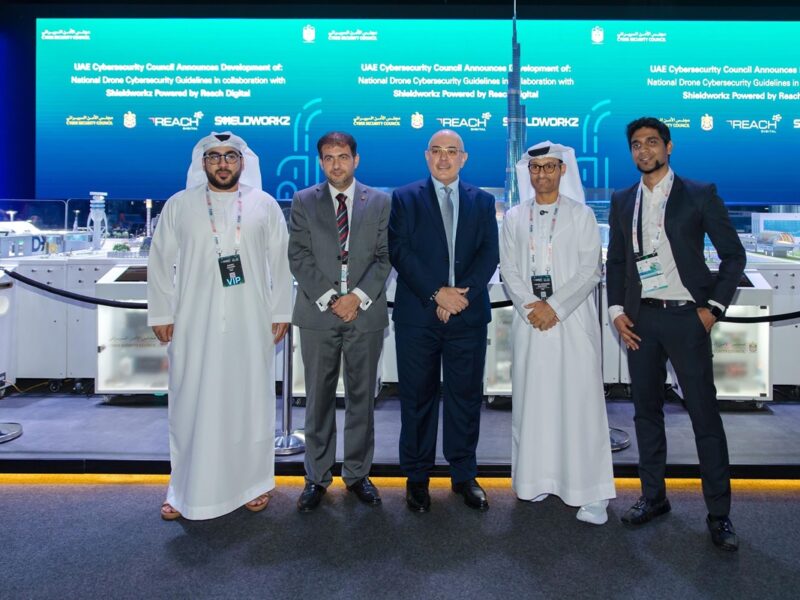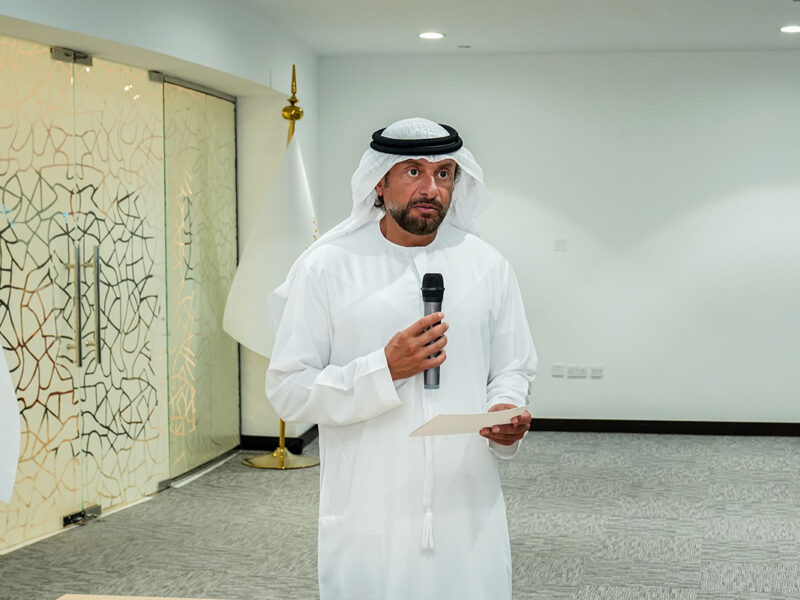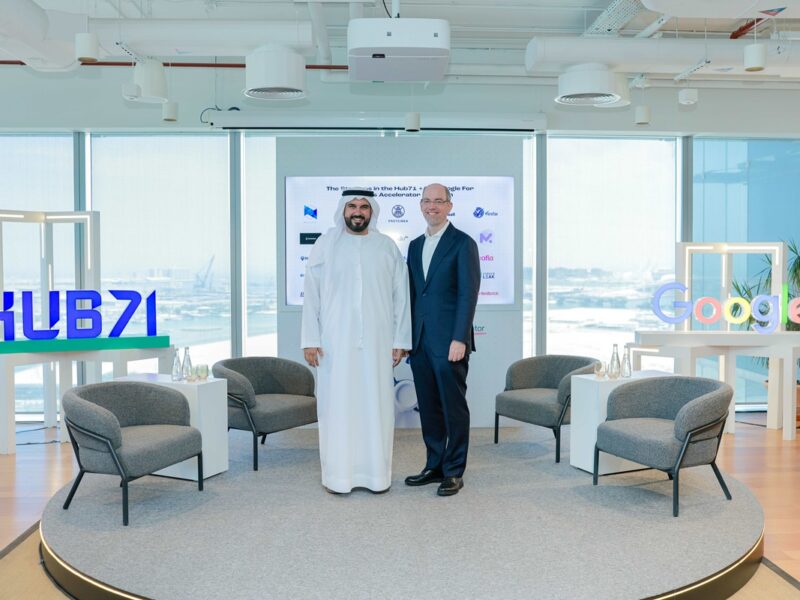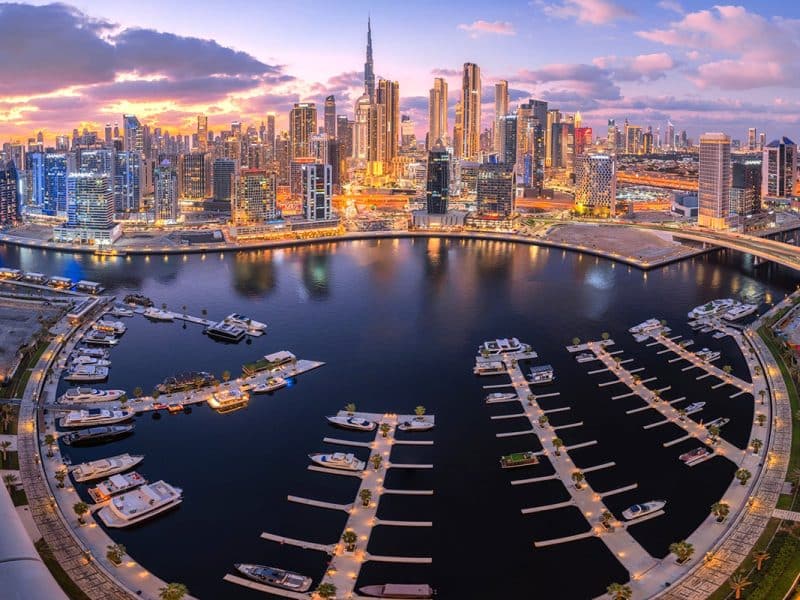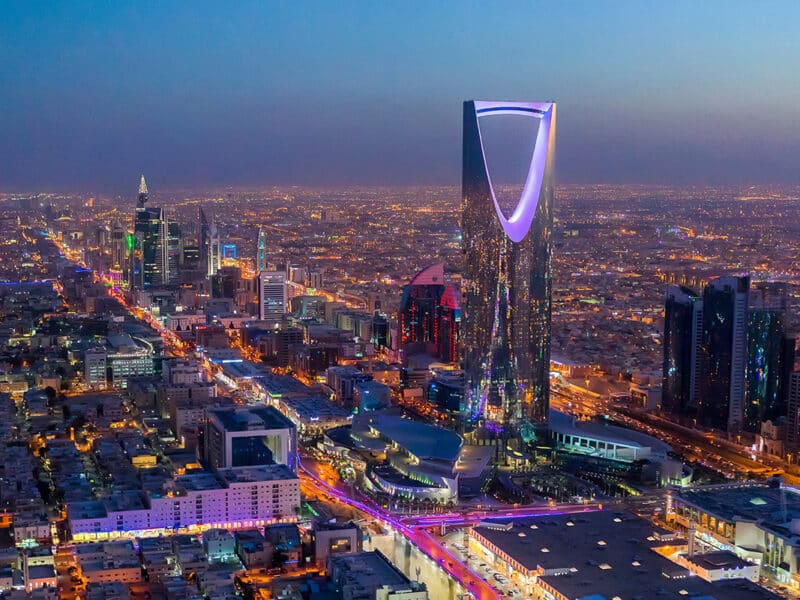Dubai Municipality, in collaboration with the Mohammed Bin Rashid Space Centre (MBRSC), has announced that it is preparing to launch the DMSat-1 satellite, the region’s first environmental nanometric satellite, on March 20.
The launch is part of a project undertaken to develop solutions to environmental challenges and address climate change.
The satellite will be launched from the Baikonur Cosmodrome in Kazakhstan.
MBRSC and Dubai Municipality are preparing to launch DM Sat1, the first environmental satellite in the UAE.#DMSat1@DMunicipality pic.twitter.com/KtKBTzkjdd
— MBR Space Centre (@MBRSpaceCentre) March 10, 2021
The rocket will be launched at 10:07am UAE time and send its first signal at 3pm UAE time, state news agency WAM reported.
DMSat-1 will monitor, collect and analyse environmental data as well as measure air pollutants and greenhouse gases. The environmental satellite will also help create maps of the concentration and distribution of greenhouse gases in Dubai and the UAE, and study seasonal changes in the presence of these gases.
Data provided by the satellite will be used in several areas including finding solutions to environmental challenges, developing long-term plans to address urban pollution and climate change and environmental forecasting in Dubai.
Dubai Municipality and MBRSC are preparing for the launch of DMSat-1, the first nanometric environmental satellite in the UAE. The satellite will be launched on March 20 and is currently placed on the launch rocket for initial preparations and tests.#DMSat1 pic.twitter.com/fSkeNOgsqE
— MBR Space Centre (@MBRSpaceCentre) March 10, 2021
The DMSat-1 project will also help build new capabilities in the field of environmental research at the local level, and provide new opportunities for harnessing space technology to enhance environmental sustainability.
Overseen by the Mohammed Bin Rashid Space Centre, the project was implemented in collaboration with local and international research teams.
Dawoud AlHajri, director-general of Dubai Municipality, said that essential data provided by the DMSat-1 satellite will enable Dubai Municipality to respond to global environmental changes, identify steps to combat climate change and develop long-term environmental plans.
 Dawoud AlHajri, director-general of Dubai Municipality.
Dawoud AlHajri, director-general of Dubai Municipality.
It will also help both sides environmental studies deliver tangible results by promoting academic research, boosting ecological monitoring and contributing to upcoming technological ventures.
Yousuf Hamad AlShaibani, director-general of MBRSC, added: “The emergence of new capabilities and competencies is helping the country expand its expertise in using space technology to provide solutions, develop different sectors and harness new horizons in this field. Local institutions are increasingly interested in the space sector and in utilising advanced scientific methods to meet challenges. The launch of the DMSat-1 satellite supports the UAE’s aspirations in this field.”
 Yousuf Hamad AlShaibani, director-general of Mohammed Bin Rashid Space Centre (MBRSC).
Yousuf Hamad AlShaibani, director-general of Mohammed Bin Rashid Space Centre (MBRSC).
On a local level, the DMSat-1 seeks to calculate the rate of carbon dioxide emissions in relation to GDP as outlined in the Dubai 2021 Plan, study the environmental impact of the Dubai Clean Energy Strategy 2050 and the results of the UAE Energy Strategy 2050, as well as contribute to the National System for Greenhouse Gas Emissions Management that is part of the National Climate Change Plan 2017-2050.
The satellite was placed on the launch rocket earlier this week, for initial preparations and tests.

